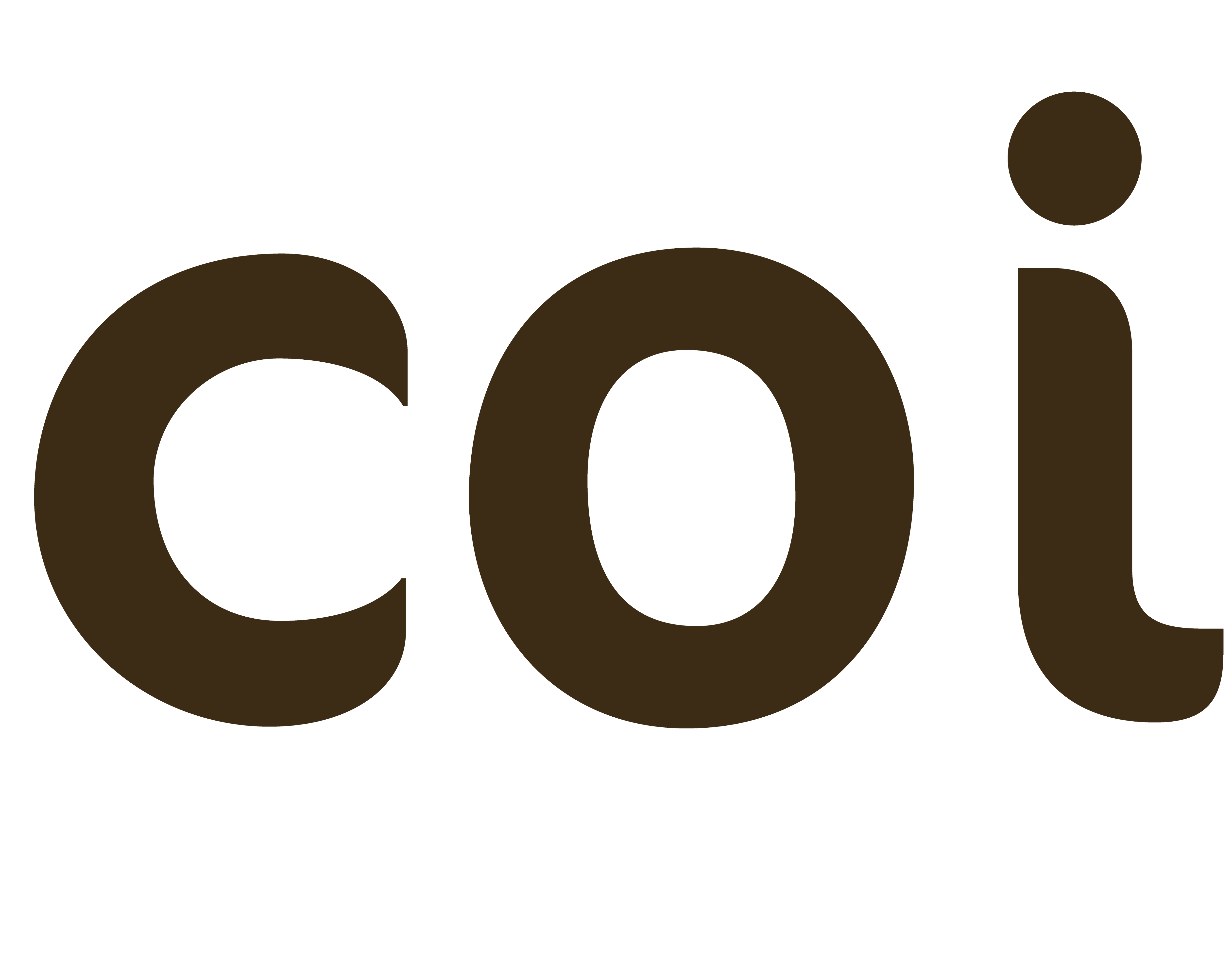Process
coi practices being a responsible brand. For us, this means:
- Leaving a better impact on the world by 1) sourcing from manufacturers and small businesses that are local, ethical, and owned/run by people of color, 2) being mindful of and limiting our use of synthetic materials, 3) using plant-based dyes, natural fibers, and materials that are biodegradable, deadstock, upcycled, recycled, and/or organic, and 4) being resourceful and creating less waste by producing in small batches
- Critically engaging in issues of race and class and supporting progressive grassroots efforts organizing for a just and equitable world
- Shifting resources towards poor and working-class Black, Indigenous, immigrant communities of color
- Continually reexamining what it means to be a responsible small business in an extractive capitalist society and an Asian Am creative with relative class privilege who’s critical of gentrification, economic injustices, and the ways capitalism negatively shows up in our every day lives
The following is a running list of resources that help make coi possible:
AS Colour: Clothing manufacturer based in Auckland, New Zealand that practices social responsibility in sourcing, production, and design. We source our Crop Tank blanks from here.
Aurifil: Producer of 100% cotton threads from Egypt. We use their thread for sewing and embroidery at home.
Botanical Colors: Natural dye materials and production in Seattle, WA. We dyed our Big Ts here.
Danbee Kim: Thoughtful brand strategy and design. We created our brand style, color palette, logo, and veggie illustrations with them.
EcoBags: Reusable bags made from cotton, natural, GOTS certified organic, and recycled, and primarily produced in India with fair wages and labor. We use their reusable string bags.
EcoEnclose: Eco-friendly packaging and shipping supplies company with a vision centered on recycling, reusing, and reclaiming post-consumer waste in packaging. Check out their detailed guides and glossary to learn more about what goes into their materials and what to consider for the end-of–life of our packaging! We use the following:
|
Packaging |
Made with |
End of life |
|
2/3 carbon-negative black algae ink, 1/3 vegetable glycerin |
biorenewable, naturally biodegradable |
|
|
100% recycled content and a minimum of 90% post-consumer waste |
curbside recyclable, naturally biodegradable |
|
|
paper-based facestock with natural & synthetic rubber adhesive |
can be left on recyclable packaging but will be landfilled |
|
|
100% recycled content and 20% post-consumer waste |
recyclable, naturally biodegradable |
|
|
100% recycled content and 70% post-consumer waste |
curbside recyclable, naturally biodegradable |
|
|
100% recycled content and recycle-friendly adhesive |
curbside recyclable |
|
|
100% recycled content and 95% post-consumer waste |
curbside recyclable, naturally biodegradable |
Elaine Cao Alteration: longstanding Chinese immigrant seamstress that serves the low-income neighborhood in Los Angeles Chinatown (525 Yale St #102). We cropped our Big Ts here.
Elite Graphics: Japanese American printer serving the local community in Los Angeles Little Tokyo. We get our poetry cards printed here.
Everybody World: Clothing made from 100% recycled cotton waste, knit, cut, and sewn by garment workers paid above the local minimum wage in Los Angeles, CA. We use their blanks for our Big Ts and scraps from those for our Scrunchies.
Favini: Papers made with agro-industrial waste, renewable sources, and recycled fibers, using their own hydroelectric plant. We use their Crush Olive and Cocoa papers (40% recycled fiber from post-consumer waste, organic by-products like those from citrus fruits and nuts that are processed with recycled and virgin pulp) for our postcards and seed envelopes, purchased from Paperpapers.
Fiberactive Organics: Distributor of GOTS certified organic cotton thread in North Carolina. We use their thread for sewing and embroidery.
Kitazawa Seeds: Japanese American family-owned company offering high quality seeds of Asian fruits, vegetables, and herbs since 1917. We source our seeds here.
Mixer Ink: Japanese American-owned screen printing production in Gardena, CA. We screen printed our Big Ts here.
Residency: Non-profit social enterprise based in Los Angeles, CA that produces custom, branded merchandise and apparel to help women transition into permanent housing. We work with them to embroider our Crop Tanks.
YAMATO: Japanese manufacturer of stationary and adhesives made from environment-friendly materials since 1899. We use their non-toxic, acid-free glue made from rice starch for our seed envelopes and packaging.
